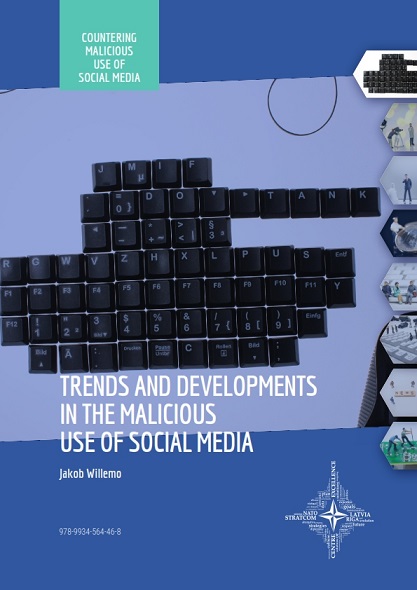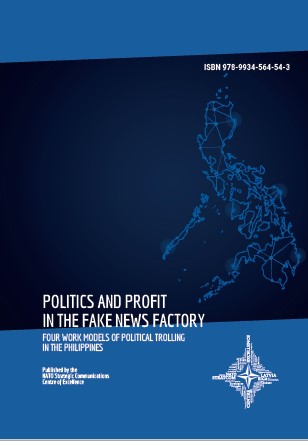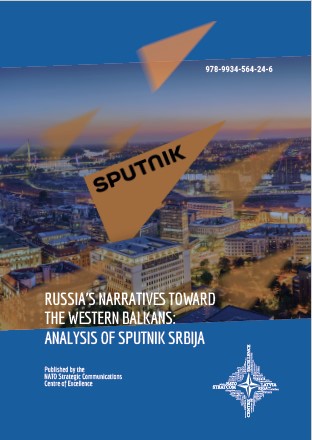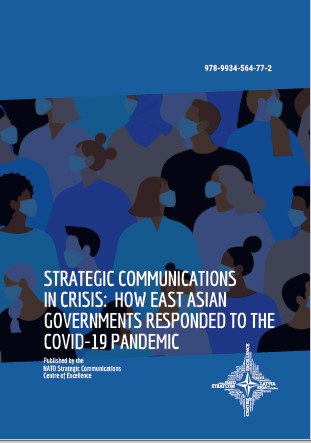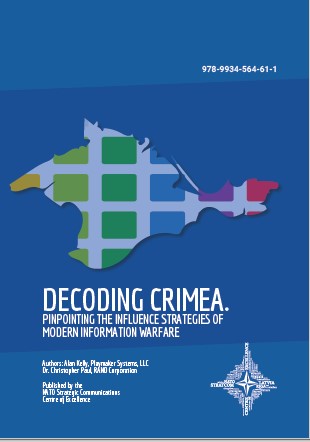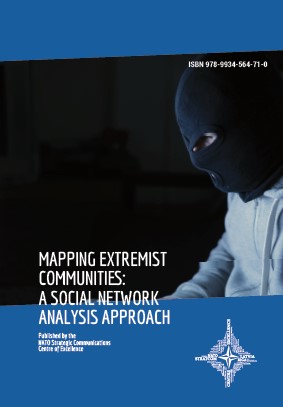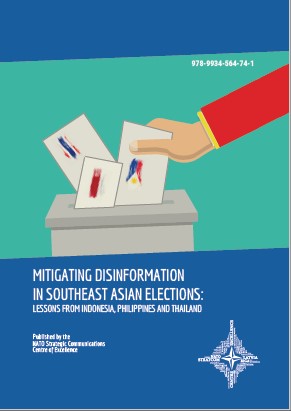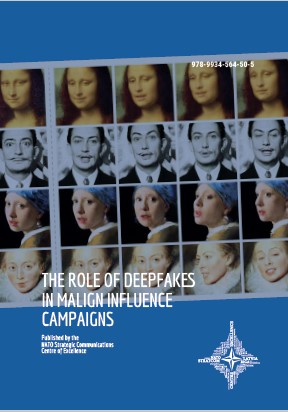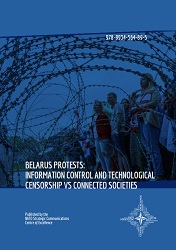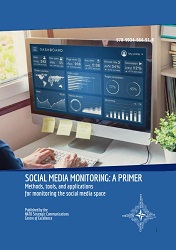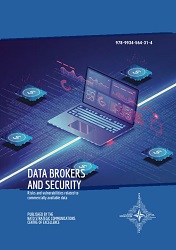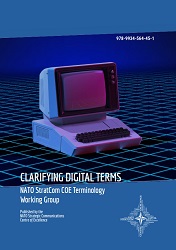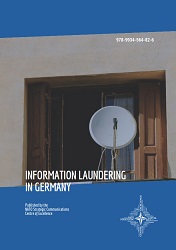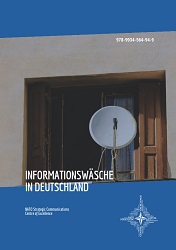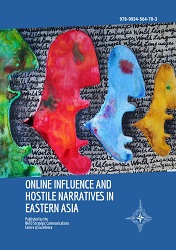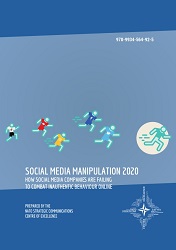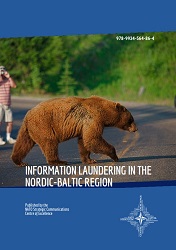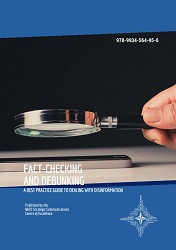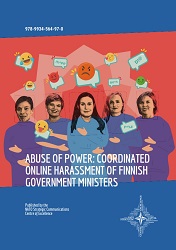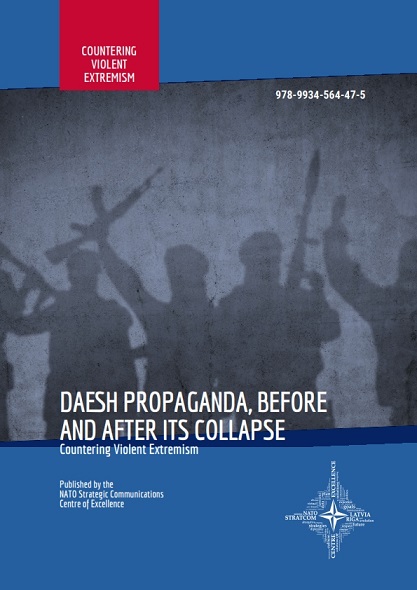
DAESH PROPAGANDA, BEFORE AND AFTER ITS COLLAPSE. COUNTERING VIOLENT EXTREMISM
DAESH PROPAGANDA, BEFORE AND AFTER ITS COLLAPSE. COUNTERING VIOLENT EXTREMISM
Keywords: Daesh media; propaganda; politics; caliphate; millenarian utopianism; military denialism; civilian issues;
This report compares two archives of official Daesh media that were compiled four years apart. It explores the nuances of the group’s worldview and tracks how external and internal situational exigencies impacted them during its formative years as a caliphate. It finds that the organisation’s media infrastructure was about one tenth as productive in mid-2019 as it was in mid-2015. The data also show that it was spending more time covering the pursuits of its global network in 2019 than in 2015. Finally, the data point towards a substantial thematic rearrangement in the organisation’s overarching propaganda narrative that manifested in it shifting its story away from millenarian utopianism and towards military denialism. In sum, the data indicate that by 2019 Daesh’s propagandists were far less productive and their aggregate product was more international and less focused on civilian issues. This shift points towards a new phase in the group’s political marketing trajectory, one focused more on survival than on expansion.
More...
